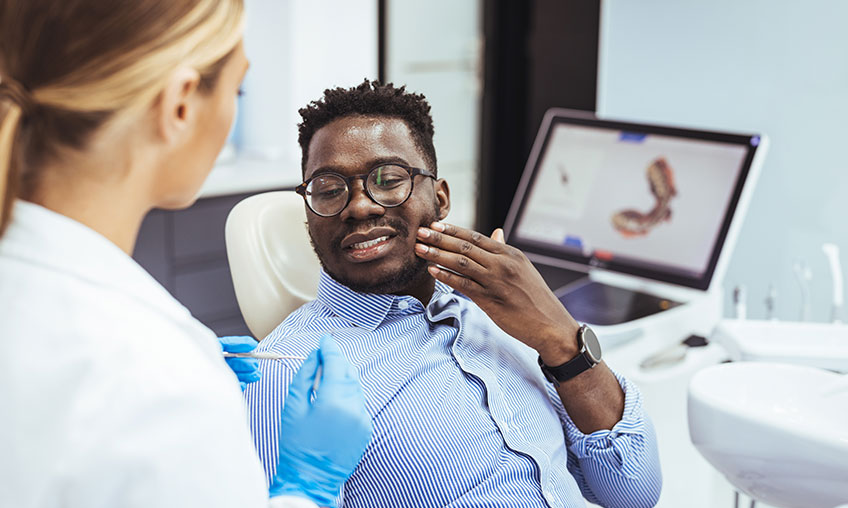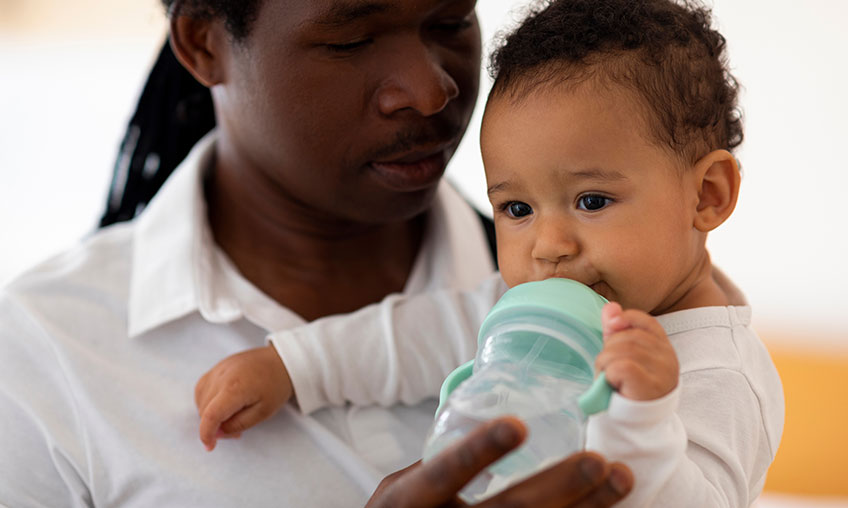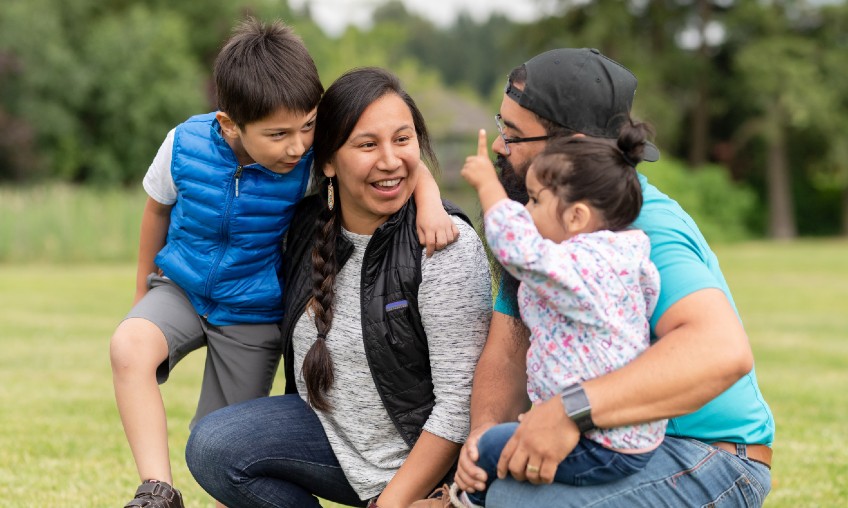
Serious health issues arise from delaying dental care or not getting it at all. But hindrances to oral health are real — including health-equity issues such as unaffordability, lack of insurance, service obstacles and treatment-related anxiety, says the Office of Disease Prevention and Health Promotion (ODPHP) of the U.S. Department of Health and Human Services.
A Group Focus
Five Health Equity Heroes are forging new pathways to help underserved groups gain access to oral health care and other vital services.
For example, as founder and president of Everyone for Veterans (E4V), Theresa Cheng, DDS, works to provide free dental care, resources and other support to veterans and their families.
The need is great. While veterans experience higher rates of periodontitis, missing teeth and filled teeth than non-veterans, the U.S. Veterans Health Administration typically covers dental only for fully combat-disabled vets.
Since founding E4V in 2017, Dr. Cheng has built a network of 680 volunteer dentists across 34 states to deliver oral health care to veterans and their families. With applications for assistance increasing 543% in 2023, her expansion efforts continue.
A founder of the Society for American Indian Dentists, Darlene Sorrell, DMD, now serves as board president of Nizhóní Smiles, the Navajo Nation’s only nonprofit dental and orthodontic clinic.
American Indian and Alaska Native (AI/AN) communities experience a disproportionate prevalence of oral disease, according to a CareQuest study. That includes triple the rate of tooth decay among AI/AN children compared to their white counterparts, plus double the likelihood for untreated decay in adults compared to the overall U.S. population. Furthermore, more than half of AI/AN adults (54.1%) report being denied health care or oral health care due to discrimination.
In addition to seeing patients at Nizhóní Smiles, Dr. Sorrell works to grow clinic staff and opportunities with initiatives such as on-the-job training, mentorship and shadowing. These latter elements are essential because, according to the CareQuest study, increasing AI/AN representation in dental education settings and developing career pathways will help alleviate oral health disparities among this population.
Dental care is often an unmet need for people with intellectual and/or developmental disabilities (IDDs). Furthermore, sensory or mobility challenges can create barriers to seeking care. This can further increase the likelihood of developing oral health issues.
Tammy Simmons, cofounder and executive director of ACCESS in Little Rock, Arkansas, specializes in serving individuals with IDDs and their families.
The organization has increased access to health care services, provided special education and much more since 1994. The nonprofit offers diagnostics, therapies, full-time education and vocational training to promote financial independence and community integration. Its annual Healthy Habits Week encourages students’ mindfulness, hygiene, nutrition and physical activity.
Operating in 35 Arkansas counties, ACCESS’s staff of almost 300 serves 250-plus students and outpatient clients every week.
Aiding the Homeless
Maintaining essential oral hygiene and dental care can be insurmountable without a place to call home. But Adam Luck, CEO of City Care in Oklahoma City, Oklahoma, helps people find stability and housing while also connecting them to essential care.
City Care supports its constituents not only with practical services, but also empathy and understanding. An advocate for the unhoused, Adam is dedicated to health care equity and access. He leads efforts in providing Oklahoma City’s only low-barrier night shelter, transportation services, permanent housing and more.
City Care also serves those with a stable address but lack other resources. For example, the Whiz Kids program benefits hundreds of at-risk students with after-school tutoring and mentoring. With its new dental literacy initiative, Whiz Kids also helps students to understand the importance of oral hygiene.
In the greater Boston, Massachusetts area, Lauren Easton directs efforts to drive health equity in her role as vice president of integrative program development and clinical innovation for the Commonwealth Care Alliance (CCA).
CCA is a mission-driven health care services organization that offers health plans and care delivery programs for people with significant needs. Besides focusing on the unhoused, Lauren serves special-needs groups such as the homebound, those with substance use disorders and individuals with significant behavioral and medical health needs. She leads initiatives such as establishing Marie’s Place Crisis Stabilization Unit, where CCA members with behavioral health and substance-use disorders receive healing in a safe, home-like environment.
Furthermore, CCA helped to create a transitional housing project at the Shattuck Hospital campus in collaboration with the Massachusetts Executive Office of Health and Human Services. Residents have on-site access to behavioral and medical health care and other support. Almost 90 individuals have lived at the site, with 65 transitioning to permanent housing.
 Preventistry Pulse Image
Preventistry Pulse Image
PREVENTISTRY PULSE
The newsletter designed for anyone who wants to improve oral health for themselves, their families, customers or communities.





